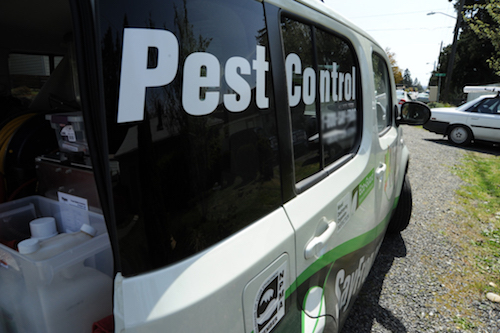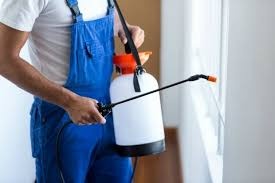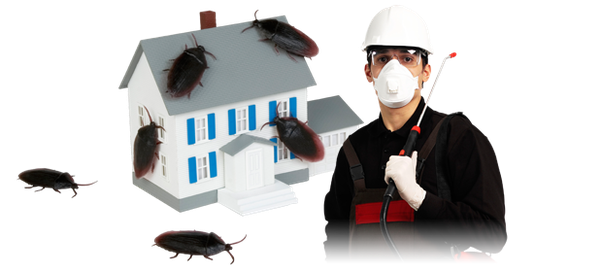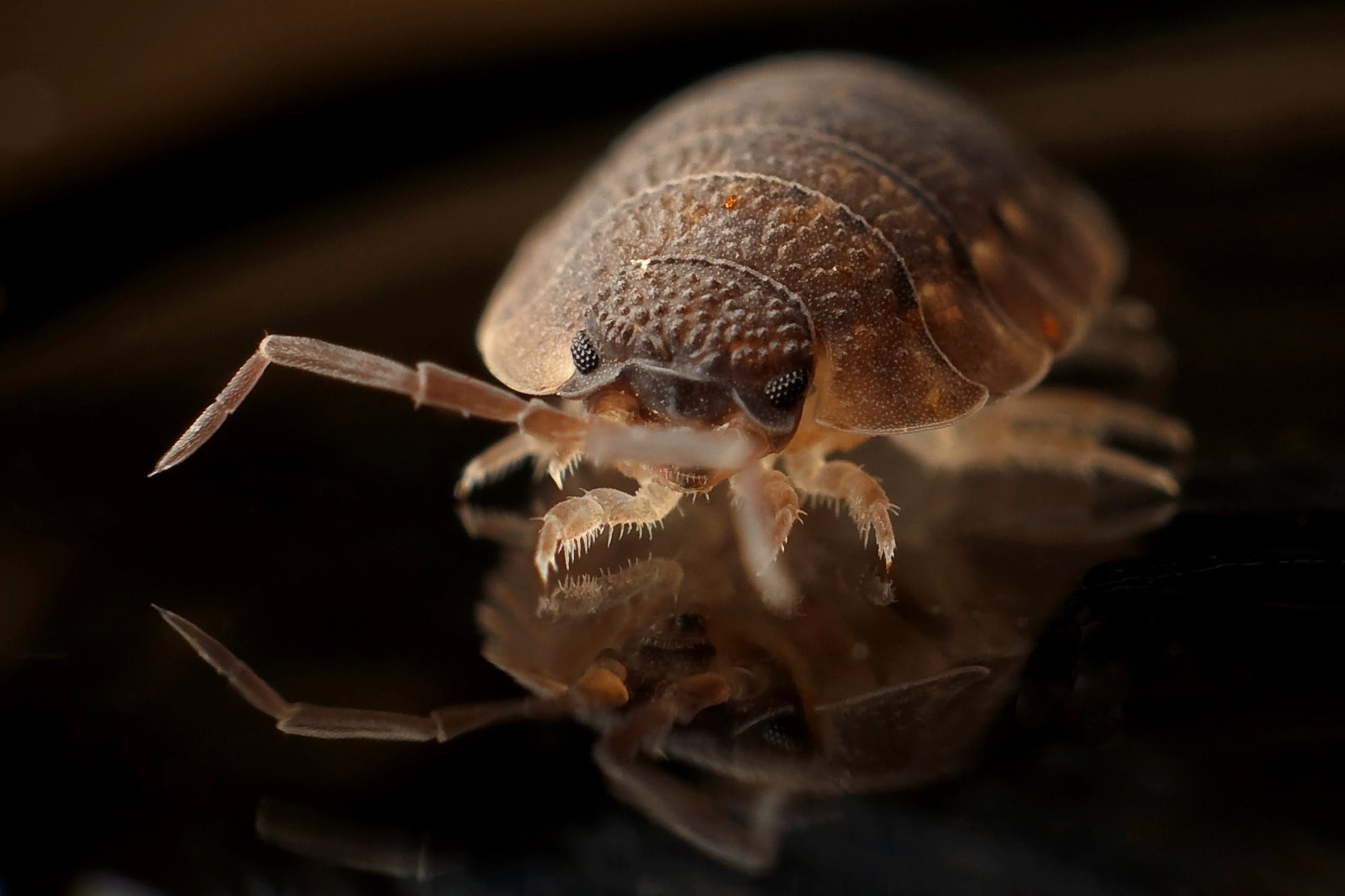Selecting a Pest Control Company
Pest problems arise from time to time that may require you to seek help controlling the pest from a professional. It can be daunting to choose a pest control company. Don’t rush into a decision. Consider talking with several companies before deciding on one. Even if your pest problem is urgent, take time to look for a reputable and knowledgeable company that meets your standards
Successful pest control will require communication and cooperation between you and the company. Ask questions and make sure you understand the treatment and your responsibilities in making the treatment a success. Contact the company or your state pesticide regulatory agency promptly to report any problems.
Qualifications
Do technicians have current licenses? Is the license the correct classification for the job? You can verify licensing by calling your state pesticide regulatory office.
How does the company keep their staff informed of changes in regulations, products, techniques and safety?
Do they use Integrated Pest Management techniques?
Do they have a certified entomologist on staff?
Experience
How many years has the company been in business?
Do newly hired applicators train with more experienced employees?
How much experience does the company have with treating pest problems like yours?
Reputation
Ask family members, friends, coworkers, or neighbors for a recommendation.
Avoid relying on advertising for information about the company’s reputation.
Consider contacting the Better Business Bureau or the state pesticide regulatory office for information on recent violations, complaints, or unresolved issues.
Ask the company for customer references.

tips for choosing a good pest control company?
Controlling pest presence in your spaces have become a difficult task even after trying a lot of DIY pest control methods. But have you ever heard of pest control services in Mumbai? If not, then it is the right time to hire A Sai Pest Control company. With our Mumbai pest control, you can easily fight cockroaches, termite, bed bugs, rats, and bird netting.
If you are Boulder resident, Buy the services of a wildlife removal company in Boulder CO, the way you buy any other thing -Look for Excellence and Worth. When selecting best pest removal companies in Boulder CO, cost should not be the only factor that determines the company you pick; the pesticide can damage the property if used with negligence.
Don’t hire a company which doesn’t have a listed or working telephone number. You will have to call them quite a few times during or after service to get the condition of your house checked
Don’t hire the servicemen who sell door-to-door services or come unexpectedly and show you insects they have found in your neighbor’s house as a possibility of the presence of the pest in your house. It is not necessary that you will have termites if your neighbor’s have it, but, in some cases neighborhood matters like the presence of rats and roaches.
Look out for the servicemen who try to push you into signing a contract by suggesting your house is structurally unsound and may collapse if not treated, it never works like this. Pests can seriously harm the house but a house doesn’t fall because of that.

Tips for Choosing a Good Pest Control Expert
Pest management has never been a walk in the park. There are instances when you have pest infestations and you try to eliminate them on your own but in vain. Sometimes you also hire a pest exterminator and still the problem persists. That is an indication that you are not keen on the process of hiring a pest exterminator. This is why it is crucial that anytime that you think of hiring a pest extermination specialist, you make sure that you choose the best one. The following are important points to note anytime you are looking for a good pest control company. You can also check out exterminator Tampa Bay for more information
License
You need to work within the constraints of the law to avoid problems with the government. That, however, cannot happen if you are going to hire a company that is not licensed. It essential to understand that a license is only given to those companies that prove to be capable of offering quality services and still be able to protect the environment. Therefore, if you meet a pest extermination specialist who is not licensed, then that is an indication that you are looking for a shoddy job
Consider the Experience
The pest management company is another critical consideration to make when looking for a pest control company that you can rely on. This is important because treating some pests is hard because of the mutation process. A pest control specialists who have been in the business for many years is likely to have a clear understanding of how to deal with the stubborn pests
Chemicals
Before hiring a pest specialist, it is good to find out the type of chemicals that they use to treat the pest infestations. This is essential because some insecticides used can be very catastrophic to humans and that is why you should pay special attention to this particular matter. Ensure that the insecticides used are certified with the relevant body.
Online Reviews
Always take time to read the online reviews before hiring a pest exterminator. The online reviews will always tell you more about what to expect if you hire those particular companies. A company that has many online reviews is better placed to give you the quality services that you seek

Choosing a Pest Control Company
Is the company licensed?
Most state or local agencies issue state pest control licenses. Contact your State Pesticide Regulatory Agency to make sure the pest control operator’s license is current if one is required in your state. Also, ask if the company’s employees are bonded, meaning that the company reimburses you for any loss or damage caused by the employee
Is the company willing and able to discuss the treatment proposed for your home?
Selecting a pest control service is just as important as selecting other professional services. Look for the same high degree of competence you would expect from a doctor or lawyer. Any company, including those advertising themselves as “green,” should inspect your premises and outline a recommended control program, including the: Pests to be controlled. Extent of the problem. Active ingredient(s) in the pesticide chosen. Potential adverse health effects of the active ingredient. Form of the pesticide and application techniques. Special instructions to reduce your exposure to the pesticide (such as vacating the house, emptying the cupboards, and removing pets). Steps to take to minimize your pest problems in the future.
Does the company have a good track record?
Don’t rely on the company salesperson to answer this question. Research the answer yourself. Call your State Pesticide Regulatory Agency and find out if they have received complaints about the company. Ask neighbors and friends if they have ever dealt with the company. Were they satisfied with the service they received?
Does the company have appropriate insurance? Can the salesperson show proof on paper that the company is insured?
Most contractors carry general liability insurance, including insurance for sudden and accidental pollution. Their insurance gives you a certain degree of protection should an accident occur while pesticides are being applied in your home. Contractors may also carry workmen’s compensation insurance, which can help protect you should one of their employees be injured while working in or around your apartment or house. Although most states do not require pest control companies to buy insurance, you should think twice before hiring a company that is not insured.
Does the company guarantee its work?
You should be skeptical about a company that does not guarantee its work. In addition, be sure to find out what you must do to keep your part of the bargain. For example, in the case of termite control treatments, the company’s guarantee may become invalid if you make structural alterations to your home without giving prior notice to the pest control company. The company may require that you pay for annual inspections subsequent to the initial treatment to keep the guarantee valid.

Tips on Selecting Pest Control Services
People vary in their tolerance for pests that periodically invade our homes and cause us some level of discomfort. The need for monthly, quarterly or yearly pest control services is a matter of your personal preference and your perception of what is (and is not) a problem. Ultimately, the decision on whether you need a routine pest control service is a matter of what you feel is needed to make your home a comfortable and relatively “pest-free” environment
Although you may prefer a “do-it-yourself” approach to pest control, there are situations where the job is best left in the hands of a pest management professional (PMP). This is particularly true with wood-destroying insects such as termites, carpenter ants, and wood-boring beetles. Treatments for these pests can be complex and expensive, depending upon the size of the home, the type of construction, and the extent of the problem. We cannot endorse specific pest control companies, but we can offer some tips to help you reach an informed decision on the type of service you need or want. The emphasis here is on solving specific problems, particularly for wood-destroying pests, but the same general principles apply to regular service contracts for other common household pests, such as cockroaches and ants. Becoming an informed educated consumer is the best way to protect yourself and to make sure you get the kind of service you need and want. Here are some issues to consider when deciding what type of service you need or want.
P-phase – covers household pest control (cockroaches, ants, spiders, etc.) both indoors and outside. P-phase also includes vertebrates such as mice and rats.
W-phase – covers wood-destroying pests (such as termites, powderpost beetles, etc.) Individuals with W-phase licenses also perform WDIRs (the so-called “termite inspections” for residences being sold).
F-phase – covers pests in both the P and W phases, but it specifically involves the use of a fumigant. Please note that a fumigant is not the same thing as a fogger (“bug bomb”) that you can buy in many retail stores. Fumigation involves the use of special (and highly toxic) gasses that are released into structures that have been completely sealed or enclosed under a tarpaulin.